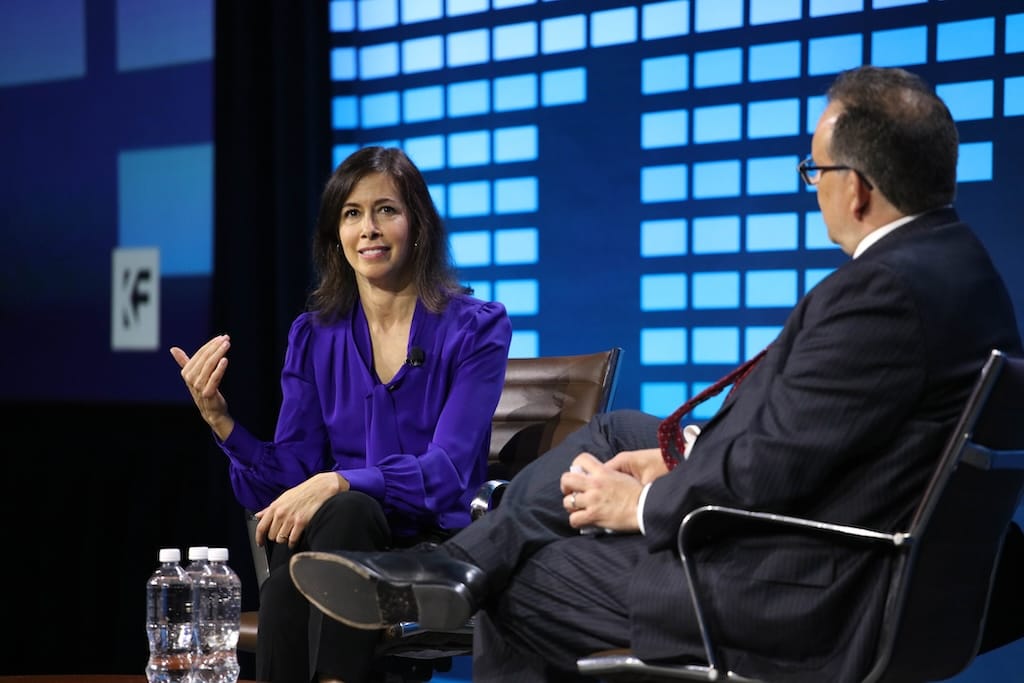FCC to Vote on Reinstating Net Neutrality Rules
The agency will take up the measure on April 25.

WASHINGTON, April 3, 2024 – The Federal Communications Commission will vote on restoring net neutrality rules at its April 25 meeting, the agency announced on Wednesday.
The move would reclassify broadband internet as a telecommunications service under Title II of the Communications Act of 1934, opening the industry up to more expansive oversight from the FCC – namely prohibitions on throttling and paid prioritization of internet traffic.

“The pandemic proved once and for all that broadband is essential,” FCC Chairwoman Jessica Rosenworcel said in a statement. “A return to the FCC’s overwhelmingly popular and court-approved standard of net neutrality will allow the agency to serve once again as a strong consumer advocate of an open internet.”
Net neutrality rules were put in place in 2015, but the Trump-era FCC repealed them two years later. Reinstituting the policy has been a priority for Rosenworcel and President Joe Biden, but the commission was unable to act until Commissioner Anna Gomez was confirmed and gave Democrats a 3-2 majority.
That majority makes the measure likely to be adopted on April 25. If that happens, the rules would go into effect 60 days after being published in the federal register.
When commissioners voted in October to take comments on a proposal to move forward with Title II reclassification, the FCC’s two Republicans voted against the move. Their allies include broadband industry groups, who have consistently lobbied the commission against taking up net neutrality rules on the grounds that they would stifle investment.

Jonathan Spalter, CEO of broadband trade group USTelecom, called the plan to move ahead with net neutrality rules an “entirely counterproductive, unnecessary, and anti-consumer regulatory distraction.”
Consumer advocacy groups support the measure. Public Knowledge Legal Director John Bergmayer said “It ensures that broadband providers cannot abuse their gatekeeper power over a service that has become essential to every aspect of modern life.”
In opposing the October proposal, Commissioner Brendan Carr noted that the Supreme Court has in recent years bucked the practice of giving regulatory agencies broad leeway to interpret laws and carry out their congressional mandates. Experts have disagreed on how vulnerable Title II reclassification is to legal challenges, as the D.C. Circuit Court of Appeals ruled in 2016 that the FCC had authority to classify technologies as it saw fit under the Communications Act.
The agency will release a public draft of the order on Thursday.











